After a year of work, a West Philadelphia family was able to successfully clean, rehabilitate, and sell their home on the 4900 block of Osage Avenue with the help of Project Rehab, making it the eighth project completed since the University City District program launched in 2011.
Established in partnership with the City of Philadelphia’s License and Inspections, Project Rehab guides owners of degraded real estate through the process of rehabilitation, providing assistance in obtaining financing, construction contracts and, if needed, real estate contacts. In the last three years, the free UCD program has helped generate $4.3 million in financing to rehab properties that have gone through its process, and is currently working on about 24 in-need estates, said Ryan Spak, Project Rehab’s project manager.
“Project Rehab functions freely for the owner of the property. We are a completely free program for owners of distressed real estate. It will guide them to the process of rehabilitation,” Spak told West Philly Local. “We have helped multiple owners to obtain financing so they can accomplish their goal.”
As part of the program, Project Rehab actively seeks out vacant properties in the area that are in some state of disrepair and are “not being a part of our community the way it’s supposed to be,” Spak said. In the case of the Osage Avenue home, after marking the property as a possible project, Project Rehab contacted the owners in December 2012, and worked with them over the last year to clean out their home, which was overflowing with debris and suffering from structural problems due to water damage.
While the family initially wanted to rehab their home, they decided it wasn’t financially viable, said Spak. Instead, they chose to sell their property in order to rectify their debt, and worked with Project Rehab to find an affordable contractor to clean it out before placing it on the market. According to Spak, Project Rehab provided the family five options for real estate agents to choose from, with the caveat that whoever does buy the property must be able to afford to rehabilitate it completely. Within three days being on the market, he said, the Osage Avenue home received eight offers, with a bid of $50,000 over the asking price winning out.
While Project Rehab actively canvasses the neighborhood for distressed properties to help, it is also looking for owners of distressed properties to reach out and use the assistance it provides. As Spak said, “The advice is free. There is absolutely no reason why they should feel like they have no way to turn.”
If you have questions about Project Rehab, please contact UCD at 215-243-0555 or email Ryan Spak at: ryan@universitycity.org.
–Annamarya Scaccia


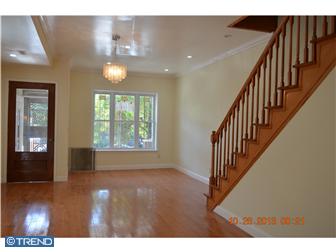
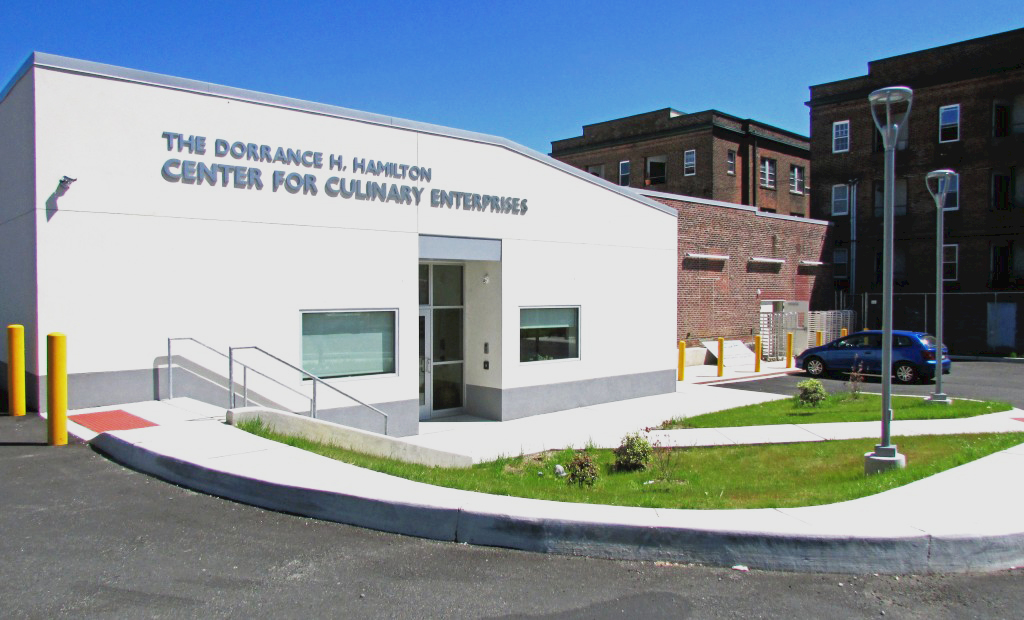
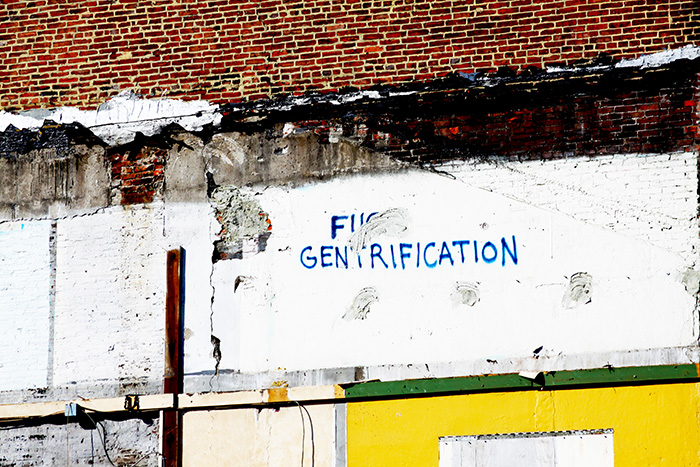

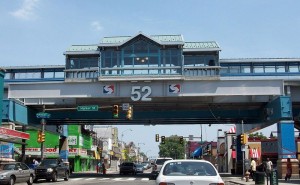
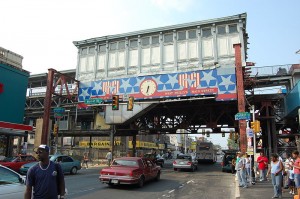
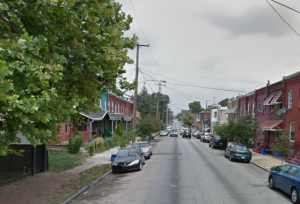






Recent Comments